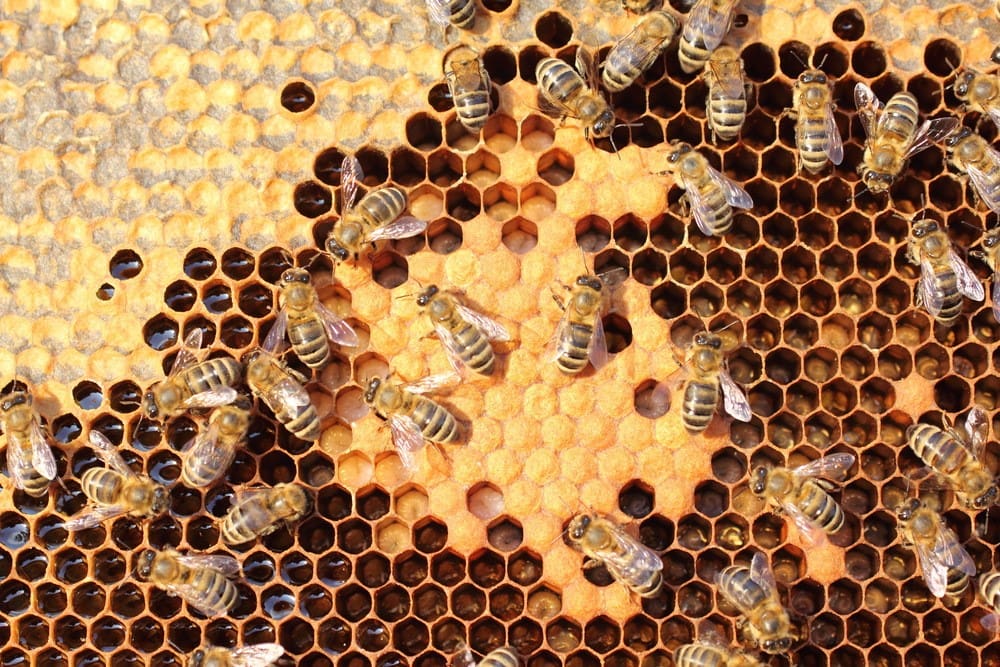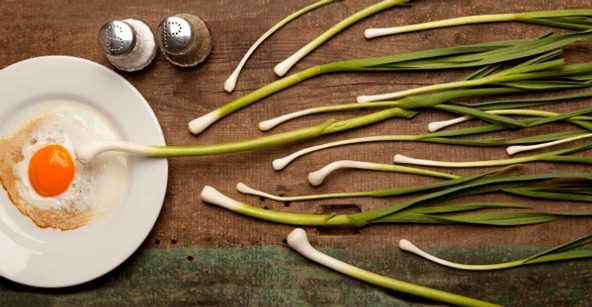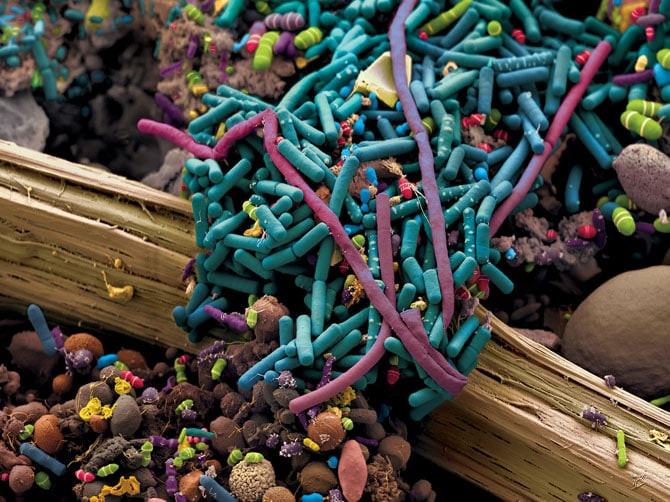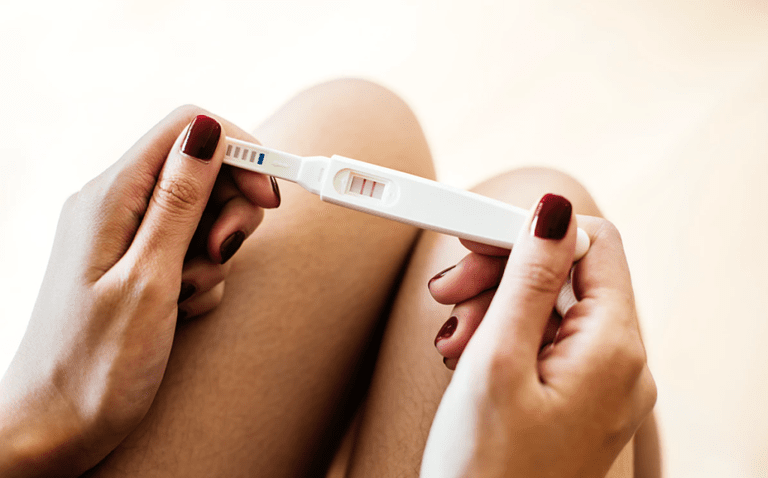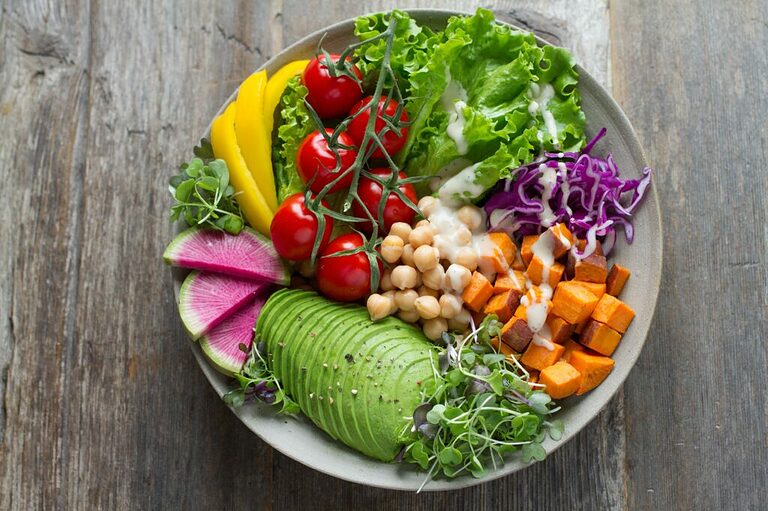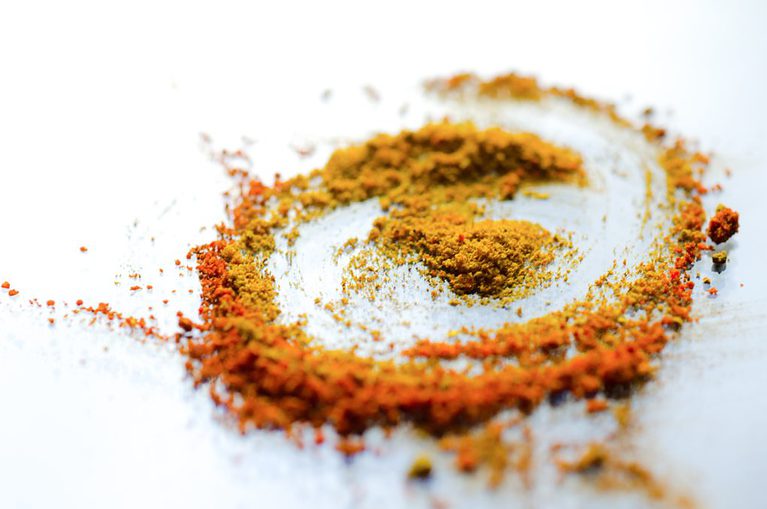When it comes to fertility and nutrition, in particular, it appears that everyone seems to have an opinion for you.
Infertility is often not in your “life plan” on how we thought your entry into parenthood would go.
It can feel totally isolating and frustrating that as humans we are designed to reproduce, and yet for 1 in 6 couples the struggle is most definitely real!
Many men and women seek advice from others who have walked this path before, and in desperation you start trying everything under the sun that may give you a slight edge when it comes to conceiving.
However, it can be pretty tricky business separating truth from myth, and how do you know it will work for you in the same way?
I will take you through three popular fertility nutrition myths, that I hear day in and day out, and bust them wide open!
Let’s take a look!

MYTH 1: PINEAPPLES MAKE FOR ‘STICKY’ EMBRYOS?
If you and your partner are experiencing difficulties conceiving, I bet you’re willing to try almost anything right? From legs in the air after baby-dancing, to weird supplements and sticking needles in your body (hello acupuncture and IVF medications).
Eating pineapple to help with implantation after an IVF embryo transfer, is SO popular in the fertility community that the fruit has become the universal symbol!
Rumour has it that eating pineapple, especially the core, may help aid in implantation, or make your embryos ‘sticky’.
So what does the evidence say?
There is NO scientific evidence at this time to support this theory. However, there have also been no clinical trials to demonstrate that it does not work. Additionally, having a thick enough uterine lining is important for implantation, and there are no clinical studies to date, that have proved that pineapple can enhance this.
Some interesting news though, it is thought that perhaps bromelain (the enzyme responsible for that tingly tongue feeling), which is concentrated in the core of the pineapple, may act as a mild blood thinner, and this in turn may aid in implantation (Pavan, R., 2012).
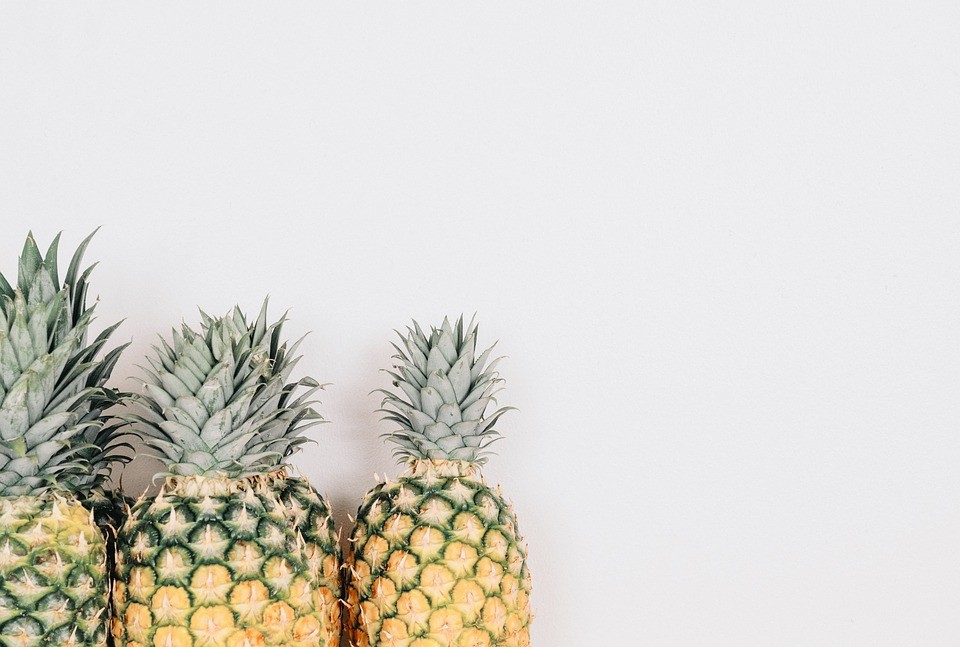
MYTH 2: DAIRY CAUSES INFERTILITY
It seems these days that dairy is being thrown under
the bus by everyone, whether it contributing to acne, messing with hormones or
creating mucus, this food group has copped a beating!
So, let’s dig a bit deeper into this one.
An (extremely) large observational study (18, 555 participants to be exact), looked at a group of women without a history of infertility, and their ability to conceive. This study showed that women who drank more full-cream milk had better fertility, compared to women who drank low-fat or skim dairy products. Additionally, lactose (the main carbohydrate source in dairy) will not affect fertility within the ranges we as humans are consuming it. (Chavarro, et al., 2007).
So why are we pointing fingers at dairy here?
There has been no scientific evidence to suggest that dairy may affect your chances at falling pregnant, and lead to infertility! So, unless you have trouble digesting dairy, or for ethical reasons (you just prefer to be more plant-based) avoid it and look at suitable alternatives. For the rest of you, right now there is no reason to cut it out.
Cow’s milk is rich in many micronutrients. We know it’s a great source of calcium, but it is also rich in protein, vitamin B12, potassium, magnesium and zinc.
Get my dairy-rich healthy chia pudding recipe here.
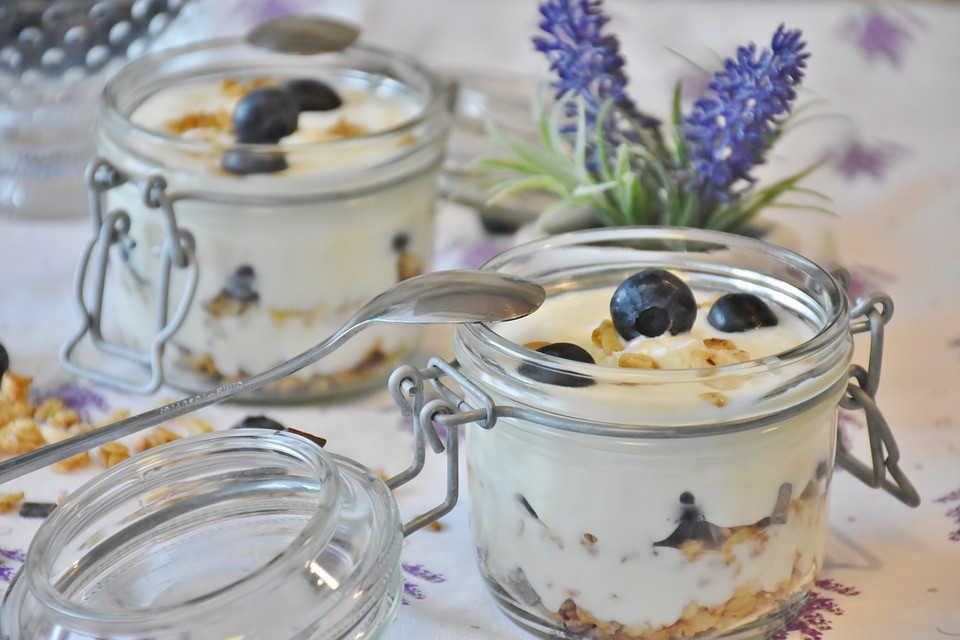
MYTH 3: ROYAL JELLY WILL GIVE YOU A BETTER CHANCE AT FALLING PREGNANT
No, I didn’t put a crown on your regular old jelly (or jello for my US friends).
Royal jelly is a jelly-like bee product. Bees produce it to feed their babies, and it is packed with protein, carbohydrates and fatty acids.
Did you know a queen bee lives on royal jelly and lays up to 2,000 eggs per day! Already sounding like a fertility superfood, right?
Whilst we as women CANNOT release 2,000 eggs each day,
it is rumoured that royal jelly can help with a woman’s fertility, via its oestrogen
like effects. A study performed on mice found that the royal jelly increased
the oestrogen in their ovaries, and promoted growth of follicles (Moutsatsou et al., 2010).
However, as this was a study on mice, we need to consider the results with a grain of salt. There are also no clinical trials run on humans, looking at royal jelly and egg development. If something comes along, you will be the first to hear it from me, be sure to join Fertility Friendly Food on Facebook, to learn more about royal jelly.
WARNING: This may go without saying but DO NOT take this product if you are allergic to bees or have asthma, or have any other allergies (without health professional advice first).
These are just a FEW of the many fertility nutrition myths that I have come across, many also being non-nutrition related. Remember to check where your information is coming from and ask yourself ‘is this a reliable source?” If the answer is no, ditch it, and seek reliable information, OR clarification from your fertility specialist and medical professionals before trying anything!
Are you trying to fall pregnant, planning a pregnancy in the next 6 months to 2 years, or just want to know more about how nutrition can assist you in your fertility journey? Book in for a FREE 15 minute discovery call with us.
This blog was co-written by Kaylee Slater, graduate dietitian. You can find Kaylee on Instagram and connect with her on LinkedIn.

